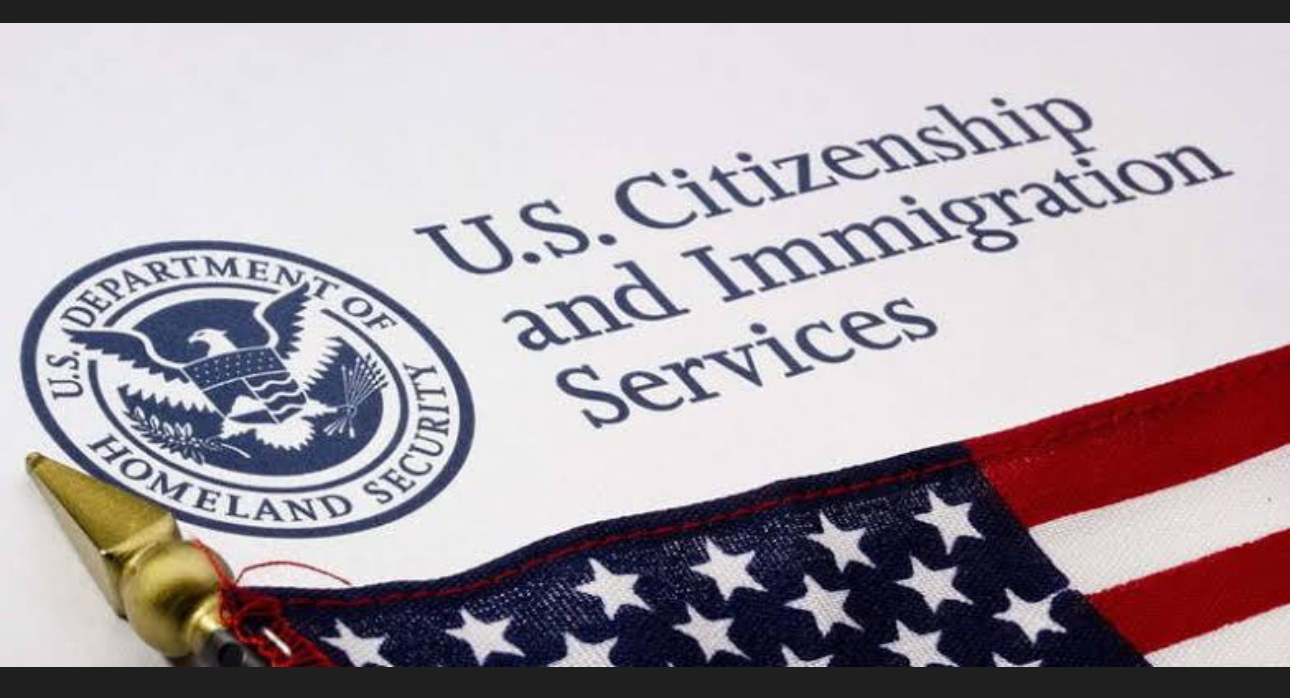U.S. Government Reviews, Reduce Nigerian Non-Immigrant Visas to 3 Months, Single Entry

The United States has revised its visa policy for Nigerian non-immigrant applicants, slashing the duration of stay for visitor visas to just three months and restricting them to single-entry access.
This marks a major policy shift from the previous arrangement, which allowed Nigerians to obtain two-year, multiple-entry visas under categories such as B1/B2 for business and tourism purposes.
According to official communications from the U.S. Department of State, the policy took effect on July 5, 2025, and is based on the principle of reciprocity in international visa policies.
The U.S. government stated that the move was prompted by Nigeria’s failure to offer similar visa privileges to American citizens, thereby prompting Washington to harmonize its terms accordingly.
This means that new applicants for B1/B2 visas from Nigeria will now be allowed a maximum stay of 90 days and will be permitted to enter the U.S. only once per visa issuance. Those with existing valid visas are not affected and can continue to travel under the terms granted prior to the policy change.
The announcement has generated concern among Nigerian travelers, especially businesspersons and families who frequently visit the U.S. for legitimate reasons. Many have expressed frustration over the potential disruption to travel plans and increased costs, as the shorter validity will require more frequent applications and associated fees.
“This will be particularly tough on professionals and Nigerians with ties in the U.S. who make regular trips,” said a Lagos-based immigration consultant.
“It’s not just a matter of paperwork—there’s also the uncertainty of reapplying every few months.”
While the U.S. maintains that the decision is purely administrative and anchored on fairness, diplomatic observers believe the development may trigger discussions between Abuja and Washington, especially if the Nigerian government seeks to renegotiate terms to ease travel restrictions on its citizens.
As of press time, the Nigerian Ministry of Foreign Affairs and the Nigeria Immigration Service had not issued any official statement responding to the new U.S. directive.
However, there are indications that diplomatic consultations may be underway, particularly through the Nigerian Embassy in Washington, D.C.
This development adds to growing scrutiny of Nigeria’s international standing and its handling of bilateral agreements with key partners.
It also comes amid wider conversations about global visa inequality and how African nations are disproportionately affected by shifting Western immigration policies.
Travel experts have advised prospective U.S. visa applicants from Nigeria to review their travel plans carefully and stay updated with the latest information from U.S. embassies and consulates before making commitments.
The U.S. remains one of the top destinations for Nigerian travelers, with thousands applying annually for various categories of non-immigrant visas.
The latest policy may not halt this demand, but it is expected to significantly alter the convenience and frequency of travel between the two countries.









